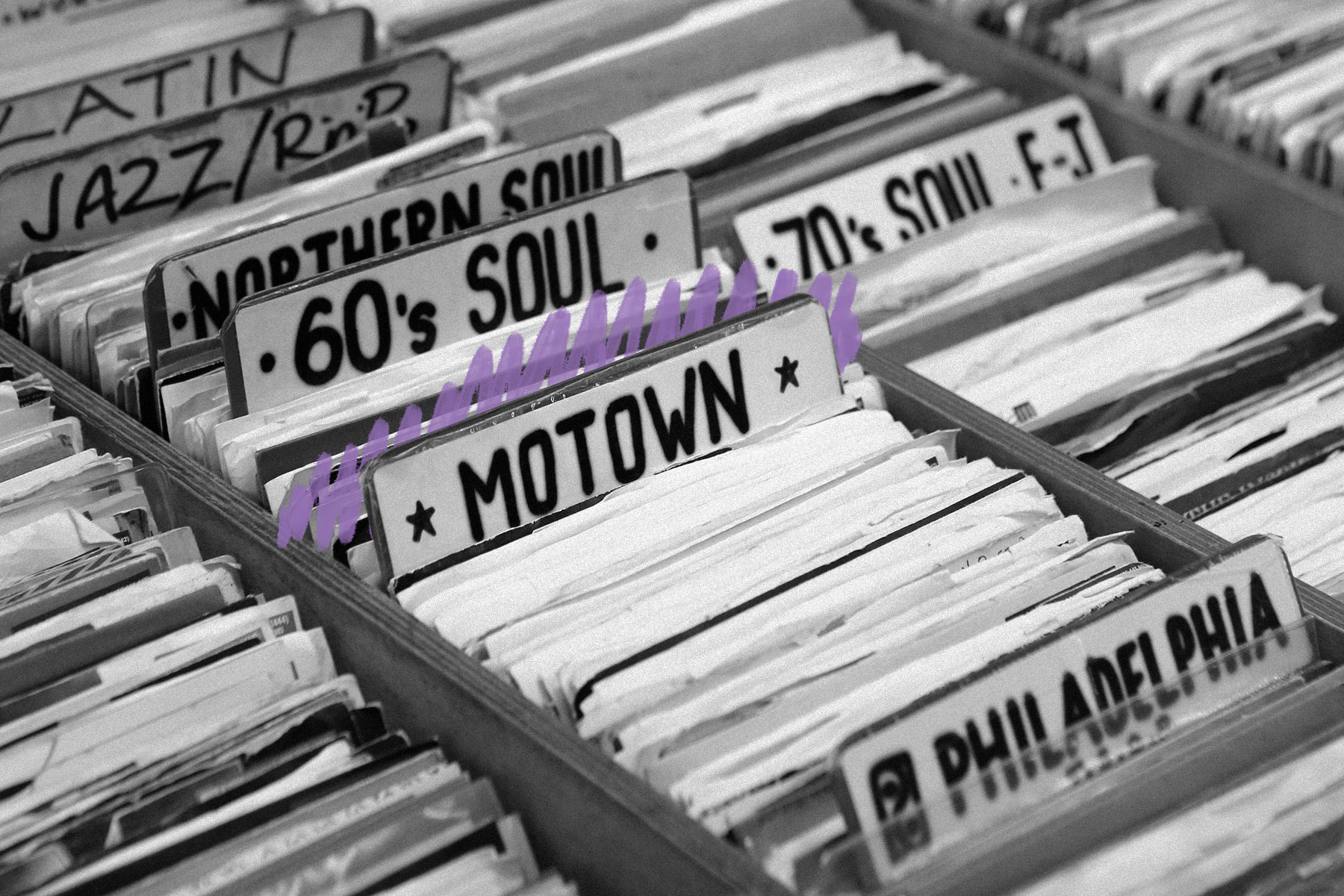The “Mo” in “Motown” stands for “Motor.”
On January 12, 1959, musician and record producer Berry Gordy founded an independent R&B record label called Tamla Records. A year later, Gordy gave the label a new name, one that achieved immortality in the world of American popular music: Motown Record Corporation, usually referred to simply as “Motown.” The “Mo” in the name stands for “Motor,” a reference to Gordy’s native Detroit, which was nicknamed the “Motor City” because of the central role it played in the American auto industry. The Motown moniker was Gordy’s way of paying tribute to his community and the industry that defined it in the mid-20th century. Before beginning his career in the music industry, Gordy himself even worked in the foundry of the Ford Motor Company, and later on the production line at the Lincoln-Mercury auto plant in Detroit.
The Motown name soon transcended its regional origins to become synonymous with hit records and pop superstardom. The signature “Motown sound” combined elements of R&B, soul music, and mainstream pop, an alchemical blend of musical styles that launched the careers of some of the most legendary recording artists in music history. Over the course of the 1960s and ’70s, Motown Records’ roster of superstars included the Supremes (led by Diana Ross), the Temptations, Stevie Wonder, Marvin Gaye, and the Jackson 5. Motown’s influence on the landscape of American popular music is hard to overstate. In addition to pioneering a new blueprint for writing and recording pop hits, the label became one of the most successful Black-owned businesses of all time, helping African American artists and musicians break into the American mainstream and achieve pop success with audiences of all races. Not bad for an independent record label founded with just $800 in the Motor City.









